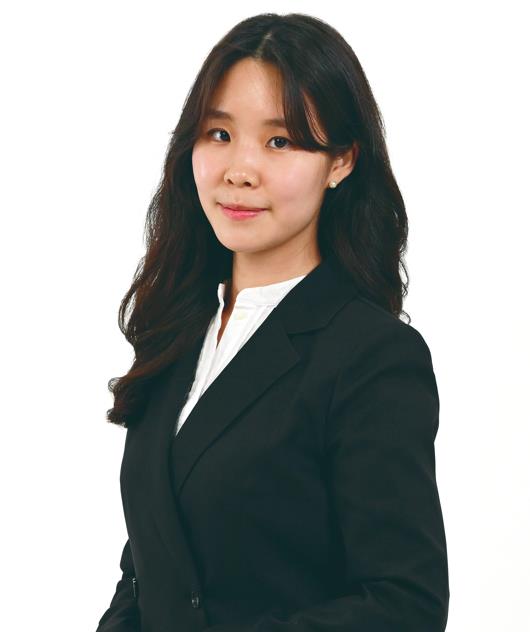
President Yoon Suk-yeol is once again facing controversy over his interaction with the media during an overseas trip.
Yoon returned home Wednesday from a trip to Cambodia and Indonesia where he attended a series of multilateral and bilateral summits. However, his actions on the international stage are again being overshadowed by actions taken by himself and his office in dealing with the media.
Yoon’s six-day trip kicked off Friday amid a prolonged confrontation with MBC. The relationship between Yoon and MBC began to worsen during Yoon’s trip to New York in September, in which he was caught on a hot mic using vulgar language aimed at a legislative body, along with a mention of US President Joe Biden's name.
The footage was released by MBC, sparking criticism toward Yoon over his inappropriate behavior and language on the diplomatic stage. The ruling People Power Party and the government denied the context and translation of his overheard comment and hit back at MBC for distributing false information, accusing the company of damaging the national interest.
The conflict over the vulgar language continued, and on the night of Nov. 9, just 36 hours before the president’s trip to Southeast Asia, the presidential office notified MBC reporters that they would not be allowed to board the presidential plane.
An official at the presidential office explained, "We have raised questions about fake news and false reports of MBC several times.” It said barring MBC was a measure for the country's benefit in a briefing held at the presidential office in Yongsan, Seoul, Thursday.
On his regular morning briefing on Thursday, Yoon also emphasized that the decision was made in terms of national interest, “The reason the president travels abroad spending many people's tax money is because important national interests are at stake.”
Several journalists' associations issued a joint statement: “The presidential office's attempt to restrict journalists from gathering news and rejecting journalists from a presidential plane because of critical coverage toward the president is unprecedented suppression on media and violence in Korean constitutional history, and it is a clear challenge to the freedom of speech that the Constitution stipulates."
The presidential office press corps also released a joint statement expressing serious regret. Some liberal-leaning media outlets boycotted the presidential plane in protest.
The friction continued during the trip. During the flight to Bali, Indonesia, Sunday, Yoon separately called two reporters from Channel A and CBS to the private zone of the presidential plane. Two reporters, who are known to be acquainted with the president, are said to have stayed at the private zone for about an hour before returning to the seats for the press corps.
Through a briefing in Bali, Indonesia, Lee Jae-myung, deputy spokesperson for the presidential office, explained that president had a simple private talk with reporters he knows in person, but he does not have any intention to favor certain media, Tuesday.
It was also controversial that the presidential office refused to allow the press corps to cover the Korea-US and Korea-Japan summits. Instead of allowing the press corps to enter the summits held Sunday, the presidential office shared the information with reporters after the event, saying: "It was due to the prior consultation between the two countries. One country cannot unilaterally decide how to cover or report the summit."
Amid continuing discord between the president and the press, opposition parties and media associations strongly condemned Yoon.
Ahn Ho-young, spokesperson for the main opposition Democratic Party of Korea, criticized Yoon in a statement Tuesday, posing, “Is it Yoon’s perspective toward the press to suppress the media that criticize him while favoring the friendly ones?
“The presidential plane is a public space operated by people’s tax. Therefore, it is a natural duty to provide equal opportunities to every media outlet, which acts as an agent for the people's right to know.”
Ahn continued, "Blocking MBC reporters from boarding the presidential plane and banning reporters at the summit are measures that cannot be done without the intention to control the media."
The International Federation of Journalists also expressed deep concerns over the presidential office barring MBC from the presidential plane, through a statement posted on its website, saying the decision had set “a dangerous precedent," Tuesday.
"The Korean media has rightly defended its media freedom, and the IFJ commends ongoing solidarity efforts from journalists and media workers to call out government acts of intimidation and censorship through attempts to block media access," the IFJ added.


















